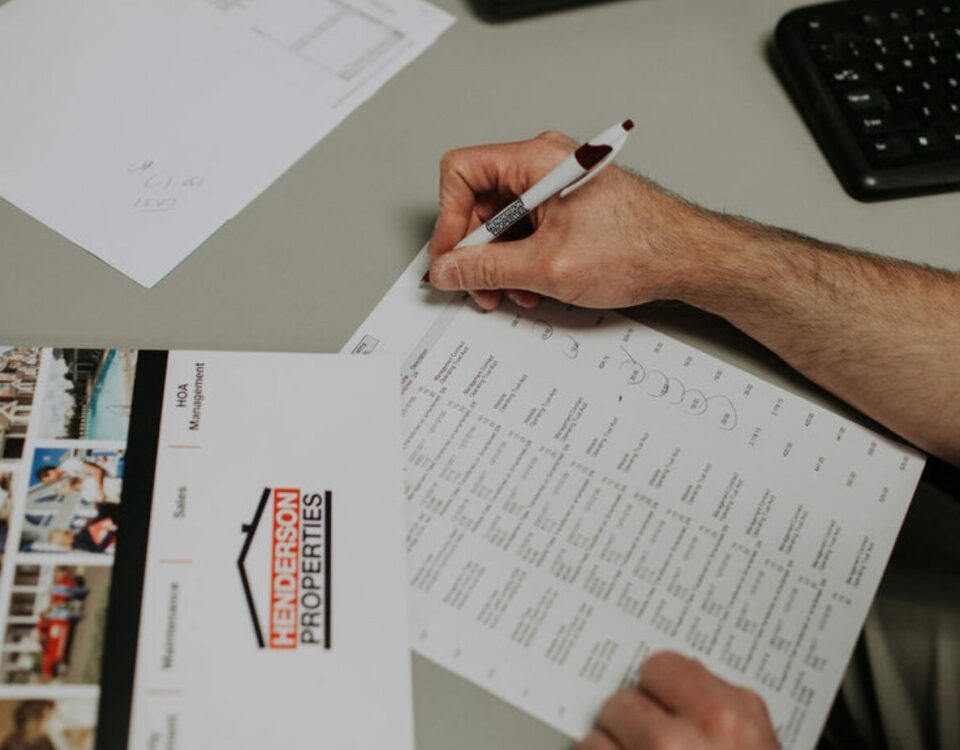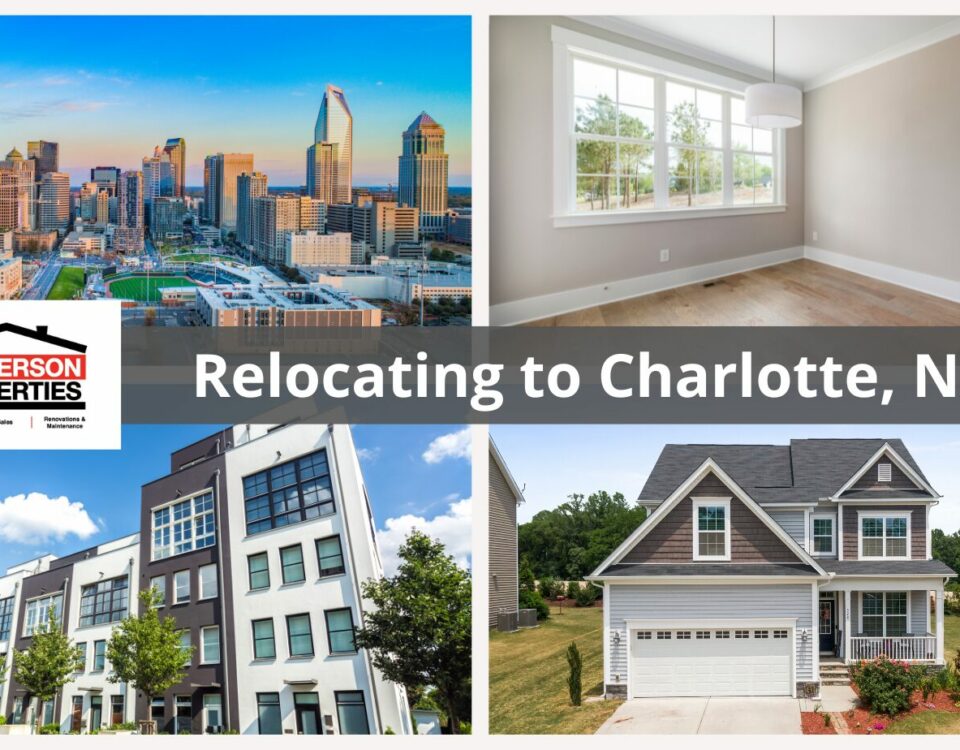- Walk-in Traffic is by Appointment Only - More Details
Rental Property Turnover Checklist

Best Deck And Patio Maintenance Tips
June 14, 2022
Home Projects To Do Despite Inflation Costs
July 12, 2022Steps To Changing Residents
A resident who decides not to renew their lease and moves on, leaving you an empty rental property, may choose to do so for several reasons. They may be relocating due to their job or decide to live closer to family. You shouldn’t take it personally.
At the same time, an empty rental property is not bringing in any income, so it’s essential to handle that property turnover correctly and efficiently.
Here is a handy walk-through to guide you in the process.
1) The Resident Gives Notice
When your resident lets you know they intend to move out, get that notice in writing as soon as reasonably possible, and make sure it’s signed and you both have copies. It would help if you also supplied your resident with detailed move-out instructions describing their responsibilities and your expectations. This includes removing all items and ensuring the property is neat and clean.
2) Conduct a Move Out Inspection
Because residents have the right to be present for inspections, it’s best to do this before turning in their keys. As you walk through the rental property, make a note of any damages or issues within the property by taking photos.
Following the inspection, look over your notes and photos to determine if the property has any damage and if that damage is worth withholding some of the resident’s security deposit. Be prepared to present an itemized list of deductions to the resident.
3) Accept Key Return
The resident returning their keys to the rental property signifies they have entirely surrendered the property and will not be returning. Make sure you and the resident know that once the keys are back in your hand, the rental arrangement is at an end, and there will be no returning to the property, even if they have left personal items behind.
4) Take Care of Any Repairs and Maintenance
Once the property is vacated and you have the keys back, you can complete any repairs or routine maintenance. This is also an excellent time to take care of any upgrades you deem necessary. Take special note of repair, maintenance, or upgrades to rental unit appliances and HVAC elements.
If you need to schedule compliance inspections, you should also take care of that at this stage.
5) Change the Locks
Even though the previous resident has turned over their keys, you don’t know who else may have had copies. Changing the locks means the next resident can feel more secure about their privacy and safety.
By changing the locks now, you can also protect any tools or other equipment you may leave behind while preparing the unit for its next occupant.
6) Spackle and Paint Walls as Needed
Most residents will have hung decorations on the walls of their unit. Before passing this location on to a new resident, ensure the walls are free of holes or other damage. Repair the walls as needed and consider following up with a clean coat of paint.
7) Thoroughly Clean the Property
The property is empty of the previous resident’s possessions. You’ve taken care of the repairs and upgrades. You have new locks in place. You’ve had the property inspected. Now you should ensure the home is as clean as it can be.
Any carpeting should receive a thorough deep-cleaning at the very least. Depending on how much wear the carpeting has experienced, you may also want to consider replacing it entirely.
Even if the previous resident did the right thing by cleaning the property, you should consider hiring professionals to clean and sanitize the unit. This is especially important if the previous resident owned pets or was a smoker.
Notes On Reducing Resident Turnover
Losing a good resident—for whatever reason—is never a good thing. Empty units aren’t making you any money, and managing a property’s turnover can take considerable time and hassle.
Here are a few ways you can reduce resident turnover.
Get Good Residents
Too many landlords have horror stories about residents who fail to pay rent or cause significant property damage.
To ensure you’re getting a good resident, conduct background checks, ask for references, and meet with them in person before signing any leases or contracts. Before allowing them to live on your property, get a good idea of who they are.
Make Periodic Upgrades
Regularly upgrading appliances and other property features will keep residents happier and more satisfied with their rental experience. You don’t necessarily have the latest cutting-edge technology in your units, but they should be somewhat modern, efficient, and up-to-date.
Plan Rent Increases Carefully
Increases in the monthly rent are a top reason why many residents leave their current rental units. Before raising your rental rates, ask yourself if it’s a rate resident in your area can afford to pay. How do your rates compare with similar properties? Also, consider that a rent that is too high may leave your unit emptier for longer than you’d like.
Having a Better Turnover Experience
Effectively managing property turnover is essential to keeping your rentals profitable. As a result, your units will be full more often, and you will be less likely to suffer any loss of income.
If you need help managing your rental property in the Charlotte area, call the Henderson Properties team at 704.535.1122.







